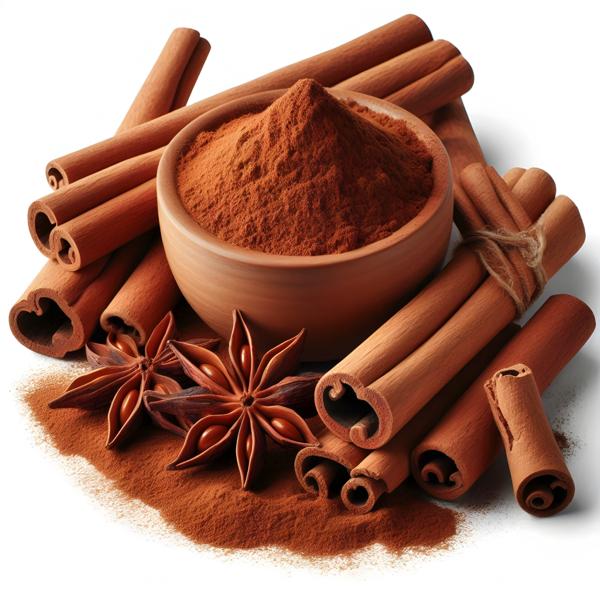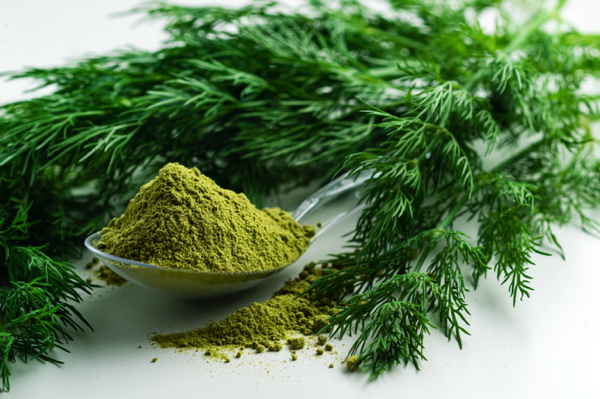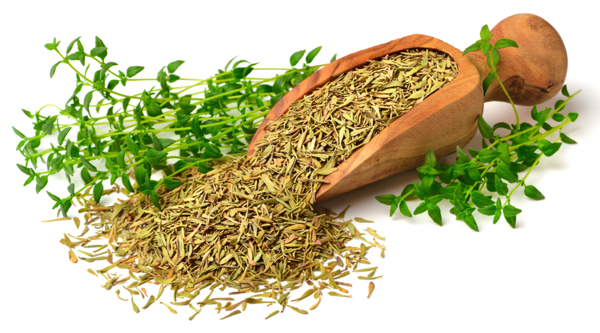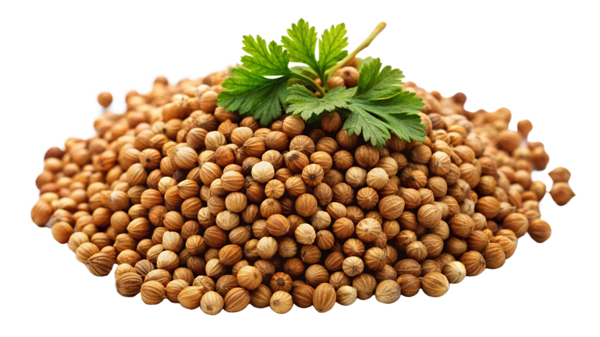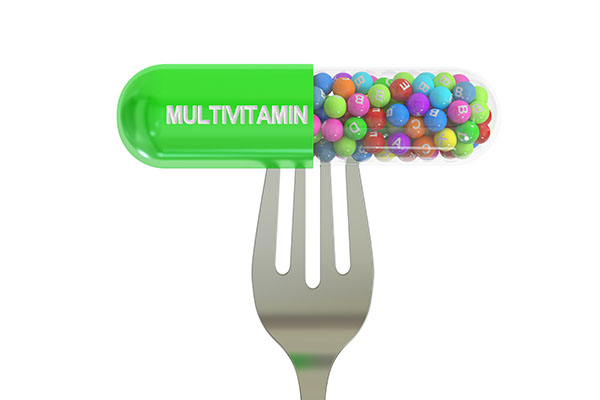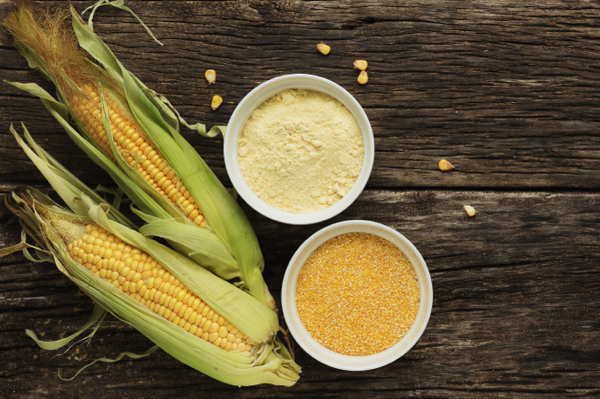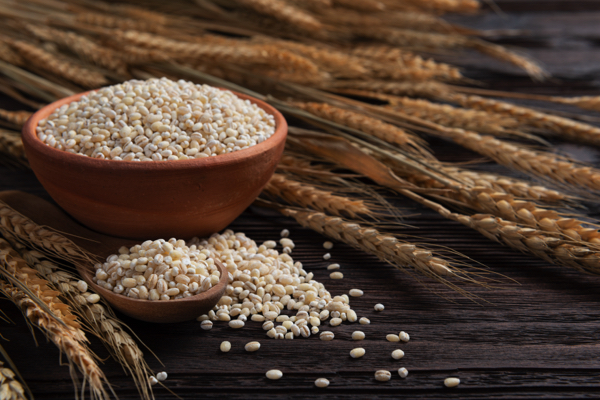Mint: The ancient herb that refreshes, soothes and heals
11/08/2024 / By Olivia Cook

Mint is more than just a refreshing garnish or tea ingredient; it is a powerhouse herb with over a dozen species, including well-known varieties like peppermint (Mentha piperita), spearmint (Mentha spitaca) and even wild field mint (Mentha arvensis).
Part of the Mentha genus, mint plants are famous for their cool, crisp sensation and are used in everything from cocktails and teas to desserts, salads and sauces. While fresh or dried mint leaves offer some nutritional perks, research shows that the most potent health benefits often come from applying mint to the skin, inhaling its essential oils or taking it as a supplement.
Helps address bad breath and odor-causing bacteria
Mint is the go-to flavor in gums and oral hygiene products because it’s great at masking bad breath. Some lab-based studies published in Phytotherapy Research also suggest that peppermint oil’s antibacterial properties may also help reduce the number of odor-causing bacteria.
Helps boost brain function
A 2022 animal study published in Molecules found that the aroma of peppermint essential oil improved learning and memory and even helped protect brain cells from damage due to oxidative stress.
In 2015, another study published in Procedia Manufacturing observed that drivers who inhaled peppermint oil stayed more alert and experienced less fatigue and frustration. However, scientists agree that more research is needed to fully understand how mint may benefit brain function in humans.
Helps ease cold symptoms
Menthol, one of mint’s primary active compounds, is often included in decongestants because it may help break up mucus and make breathing easier. The American Lung Association (ALA) notes that research does not yet support menthol’s effectiveness in managing cold symptoms, though some people find it soothing.
However, parents should be cautious with menthol rubs for young children, as the Office of Dietary Supplements recommends avoiding direct application on the chest or face due to potential side effects from direct inhalation.
Helps address indigestion
Digestive comfort is another area where mint shines – thanks to peppermint oil’s effects on food passage through the digestive tract. When food lingers too long in the stomach, indigestion often follows, but studies in Current Pharmaceutical Design have shown that peppermint oil can help food move through the stomach more quickly.
Helps ease asthma symptoms
Mint plants contain rosmarinic acid, a powerful antioxidant and anti-inflammatory agent. In fact, a 2019 study on rats published in Allergologia et Immunopathologia found that rosmarinic acid reduced asthma symptoms.
According to a review in Frontiers in Pharmacology, the Mentha plant family contains various plant compounds with antiallergenic effects. However, the allergy-relieving compounds in mint oils and ointments are usually much more concentrated than in the dietary form.
Supports breastfeeding mothers
Breastfeeding can be a beautiful experience, but it sometimes comes with challenges like cracked or sore nipples. Studies show that applying mint to the skin may help ease some of these discomforts.
For instance, a study in Medical Science Monitor: International Medical Journal of Experimental and Clinical Research revealed that mothers who used a peppermint gel experienced less nipple cracks (almost four percent) than those using lanolin (almost seven percent) or a placebo (almost 23 percent). A separate study published in the Journal of Research in Medical Sciences, mothers who applied menthol essential oil after each feeding saw reductions in both pain and the severity of nipple cracks.
Helps soothe digestive issues and manage IBS
Mint has been a go-to remedy for digestive problems for centuries. The herb’s calming properties are often used to ease indigestion and science backs this traditional use.
A 2019 review published in Alimentary Pharmacology & Therapeutics supported the use of peppermint oil for digestive issues, such as indigestion, irritable bowel syndrome (IBS) and nausea after surgery. Peppermint oil has a unique ability to calm inflammation, combat microbes and relax the muscles of the gastrointestinal tract.
Another review from BMC Complementary Medicine and Therapies in 2019 examined 12 clinical trials and concluded that peppermint oil could be effective for adults with IBS symptoms.
Read more stories like this at Herbs.news.
Learn how to make mint julep, mint jelly and easy jam recipe by watching this video.
This video is from the Yummy Goodies channel on Brighteon.com.
More related stories:
5 Herbal remedies for the common cold or flu.
Natural remedies: Treating headaches with essential oils.
Essential oils: Must-have items from Mother Nature for your survival cache.
Sources include:
Submit a correction >>
Tagged Under:
alternative medicine, Bad Breath, brain function, digestive issues, essential oil, herbal medicine, Herbs, irritable bowel syndrome, medicinal herbs, Mentha species, mint, natural cures, natural health, natural medicine, Naturopathy, peppermint, plant medicine, remedies
This article may contain statements that reflect the opinion of the author
RECENT NEWS & ARTICLES
HealthScience.News is a fact-based public education website published by Health Science News Features, LLC.
All content copyright © 2018 by Health Science News Features, LLC.
Contact Us with Tips or Corrections
All trademarks, registered trademarks and servicemarks mentioned on this site are the property of their respective owners.


